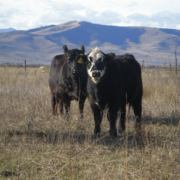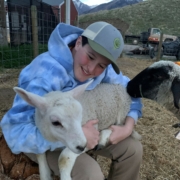Soil Health and Adaptive Grazing with Dr. Allen Williams
 Print This Post
Print This Post
By Nina Prater, Sustainable Agriculture Specialist
Adaptive grazing is a regenerative livestock production system that uses multiple paddocks, frequent moving of livestock with short grazing intervals, and long rest periods to provide full pasture plant recovery. It is a proven method of increasing the resiliency of pastures by building soil organic matter, increasing soil water infiltration, promoting water conservation, adding diversity, and decreasing surface runoff.
Dr. Allen Williams travels all over the world to teach about adaptive grazing. A former professor at Mississippi State University, he came to the realization that conventional methods of production were not working for many of the farmers he was trying to help. Farmers were having to use more and more inputs to get the same productivity and were having a difficult time staying profitable. This caused him to rethink his approach. He transformed his own ranch in Starkville, Mississippi, using adaptive grazing and, ultimately, he decided to leave academia to become a full-time rancher and consultant. He has been teaching other producers how to implement adaptive grazing on their land ever since.
In this video series, filmed at an in-person workshop at The Piney Woods School, Dr. Williams discusses and demonstrates the principles and benefits of adaptive grazing.
This video series was produced by the National Center for Appropriate Technology through the ATTRA Sustainable Agriculture program, under a cooperative agreement with USDA Rural Development. This video series also was supported a grant from the USDA Natural Resources Conservation Service as part of The Piney Woods School Sustainable Farming Outreach Project. The workshop was hosted in partnership with the Piney Woods School in Piney Woods, Mississippi. ATTRA.NCAT.ORG.

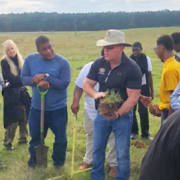

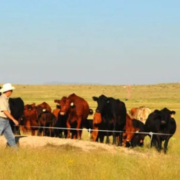
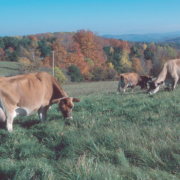
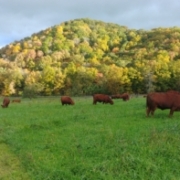
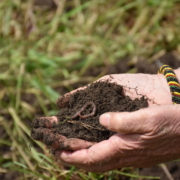 USDA NRCS
USDA NRCS